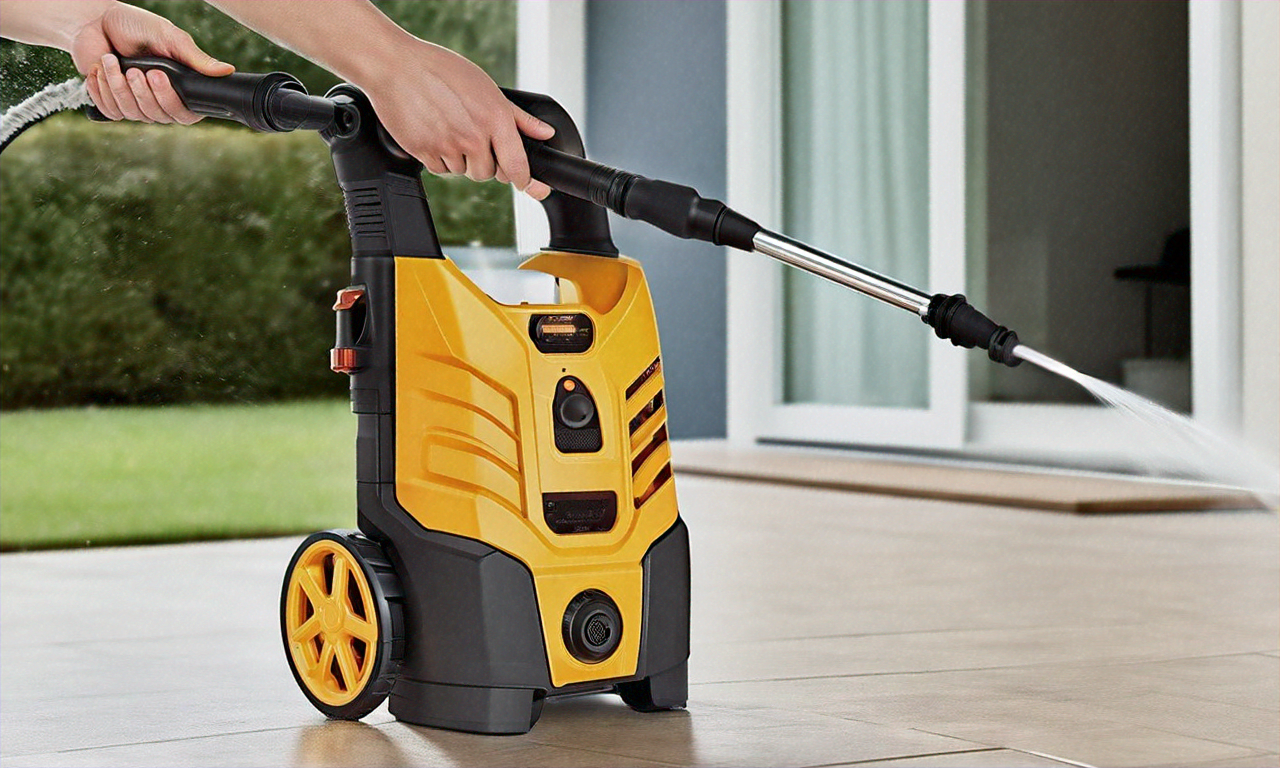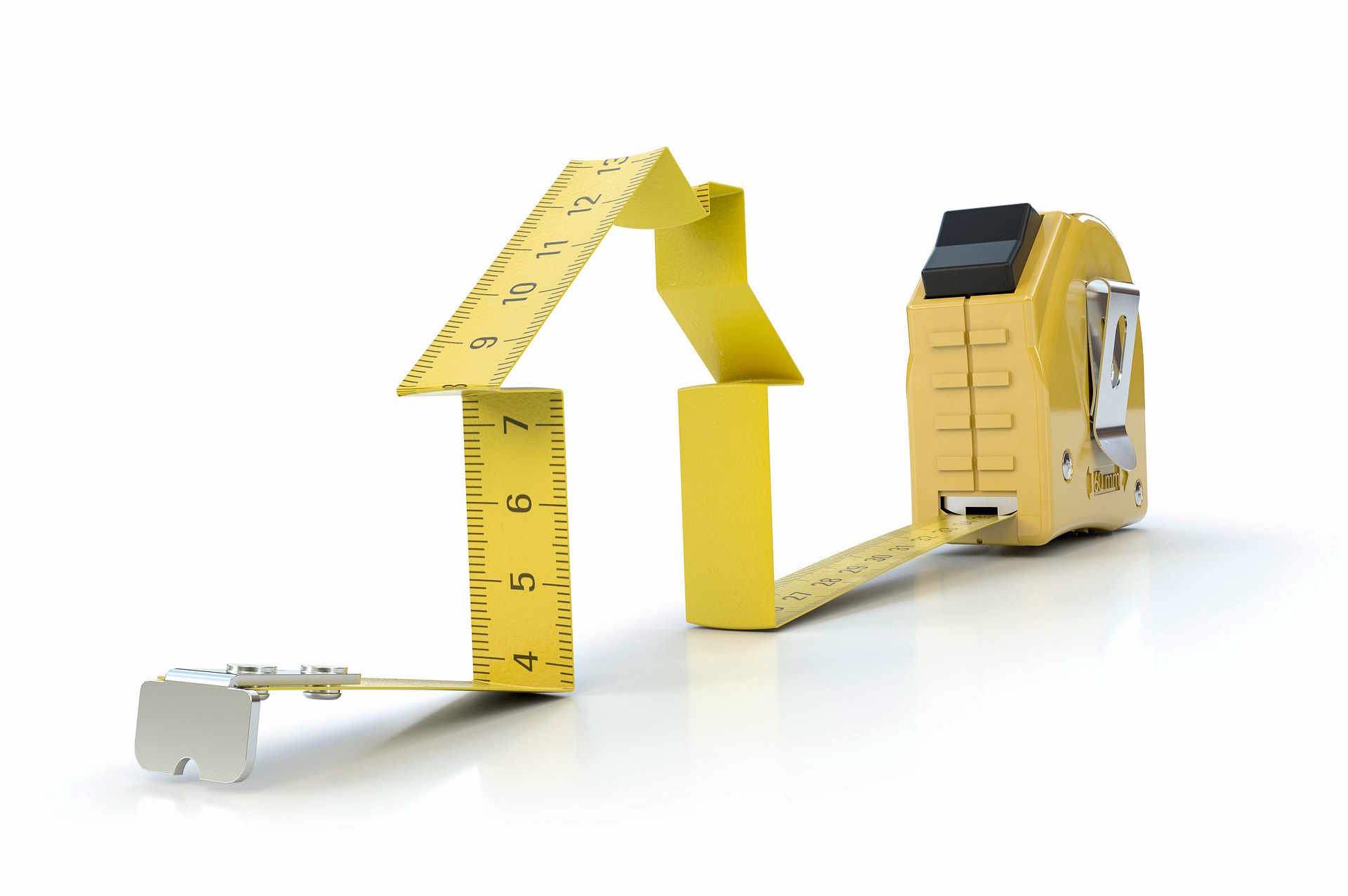Power Washing Guide for Homeowners and Property Maintenance
Power washing represents an effective method for maintaining property cleanliness and preventing long-term damage to exterior surfaces. This comprehensive cleaning technique uses high-pressure water streams to remove dirt, grime, mold, mildew, and other contaminants from various surfaces around your home. Understanding the proper applications, equipment options, safety requirements, and cost considerations helps property owners make informed decisions about incorporating pressure washing into their maintenance routines.

When to Use Pressure Washing for Home Maintenance
Power washing proves most beneficial during specific seasons and circumstances. Spring cleaning provides an ideal opportunity to remove winter buildup from siding, driveways, and walkways. Fall preparation helps clear leaves, debris, and organic matter that could cause staining or damage during winter months.
Specific maintenance scenarios warrant pressure washing attention. Visible mold or mildew growth on exterior surfaces requires immediate cleaning to prevent structural damage and health concerns. Oil stains on driveways and concrete surfaces respond well to pressure washing combined with appropriate cleaning solutions. Preparing surfaces for painting or staining projects ensures better adhesion and longer-lasting results.
Regular maintenance schedules typically recommend annual pressure washing for most exterior surfaces, though high-traffic areas may benefit from bi-annual cleaning. Properties surrounded by trees or located in humid climates often require more frequent attention due to increased organic debris and moisture-related growth.
Different Types of Pressure Washing Equipment
Pressure washing equipment varies significantly in power, features, and intended applications. Electric pressure washers typically generate 1,300 to 2,000 PSI (pounds per square inch) and work well for light-duty residential tasks like cleaning vehicles, patio furniture, and small deck areas. These units offer quieter operation and lower maintenance requirements compared to gas-powered alternatives.
Gas-powered pressure washers deliver higher pressure ratings, typically ranging from 2,000 to 4,000 PSI or higher. These units handle heavy-duty cleaning projects including large driveways, multi-story siding, and commercial applications. Gas models provide greater mobility since they don’t require electrical connections, making them suitable for remote locations.
Specialized attachments enhance cleaning effectiveness for specific surfaces. Surface cleaners provide uniform cleaning patterns for large flat areas like driveways and sidewalks. Extension wands enable safe cleaning of second-story surfaces without ladder use. Rotating brushes help agitate stubborn stains while soap injection systems apply cleaning solutions efficiently.
Safety Considerations for Pressure Washing Projects
Pressure washing equipment generates significant force capable of causing serious injuries and property damage without proper precautions. Personal protective equipment includes safety glasses or goggles to protect eyes from debris and chemical splashes. Non-slip footwear prevents accidents on wet surfaces, while long pants and closed-toe shoes protect skin from high-pressure water streams.
Proper technique prevents surface damage and ensures effective cleaning. Maintaining appropriate distances between the nozzle and cleaned surfaces varies by material type. Vinyl siding typically requires 6 to 10 feet of distance, while concrete surfaces can handle closer proximity. Testing spray patterns on inconspicuous areas helps determine safe operating parameters.
Electrical safety requires special attention when using electric pressure washers. Ground fault circuit interrupter (GFCI) protection prevents electrical shock in wet conditions. Keeping electrical connections elevated and dry reduces electrocution risks. Never spray electrical fixtures, outlets, or meter boxes directly.
Cost Factors for Pressure Washing Services
Professional pressure washing service pricing depends on multiple variables including property size, surface types, accessibility, and regional market rates. Square footage represents the primary pricing factor, with most companies charging between $0.08 to $0.35 per square foot for standard residential cleaning. Additional services like deck restoration, concrete sealing, or specialty cleaning increase overall project costs.
Geographic location significantly impacts pricing structures. Urban markets typically command higher rates due to increased business costs and demand. Rural areas may offer lower base rates but potentially higher travel charges for service calls. Seasonal demand fluctuations affect pricing, with spring and summer months often featuring premium rates.
Equipment rental provides an alternative for DIY projects. Electric pressure washers rent for approximately $35 to $50 per day, while gas-powered units range from $50 to $80 daily. Weekly rentals often provide better value for extensive projects, typically costing 2.5 to 3 times the daily rate.
| Service Type | Provider | Cost Estimation |
|---|---|---|
| Residential House Washing | ServiceMaster Clean | $250-$600 per project |
| Driveway Cleaning | Pressure Washing America | $100-$300 per driveway |
| Deck Restoration | Power Wash Pros | $200-$500 per deck |
| Commercial Building Cleaning | Clean Pro | $0.15-$0.50 per sq ft |
Prices, rates, or cost estimates mentioned in this article are based on the latest available information but may change over time. Independent research is advised before making financial decisions.
Choosing Between DIY and Professional Pressure Washing
DIY pressure washing offers cost savings and scheduling flexibility for homeowners comfortable with equipment operation and safety procedures. Rental equipment provides access to commercial-grade machines without purchase investments. Simple projects like patio cleaning, vehicle washing, and small deck maintenance typically suit DIY approaches well.
Professional services provide expertise, insurance coverage, and specialized equipment for complex projects. Multi-story homes, delicate surfaces like historic brick or painted wood, and commercial properties often require professional knowledge to avoid damage. Professional services typically include liability insurance covering potential property damage during cleaning operations.
Time investment represents another consideration factor. DIY projects require equipment rental, setup, cleaning, and return processes that can consume entire weekends. Professional services complete most residential projects within a few hours, allowing homeowners to focus on other priorities.
Power washing serves as an essential tool for property maintenance when applied correctly and safely. Whether choosing DIY approaches or professional services, understanding equipment capabilities, safety requirements, and cost factors enables informed decision-making. Regular pressure washing maintenance protects property values, prevents costly repairs, and maintains attractive outdoor spaces for years of enjoyment.




